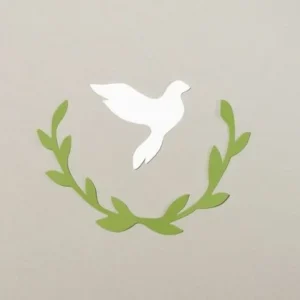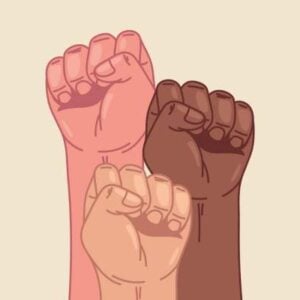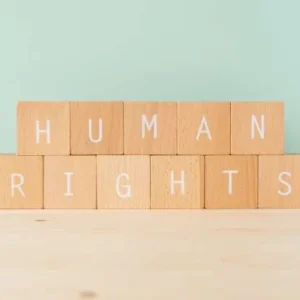A recent Human Rights Watch report highlights that Cambodian microfinance institutions (MFIs), backed by international investors, have been aggressively lending to Indigenous communities, using the value of their land as collateral. These predatory lending practices have resulted in coerced land sales, over-indebtedness, debt-driven suicides, and severe violations of the economic, cultural, and social rights of Indigenous peoples. Human Rights Watch urges Cambodian authorities, lenders, and international investors, including the World Bank’s International Finance Corporation (IFC), to protect Indigenous rights and provide access to remedies, including independent grievance mechanisms.
The 120-page report, “Debt Traps: Predatory Microfinance Loans and the Exploitation of Cambodia’s Indigenous Peoples,” documents the over-indebtedness affecting Indigenous communities in northeastern provinces. Loans are often issued in Khmer—a language many Indigenous borrowers do not understand—and exceed their repayment capacity. Indigenous borrowers report being pressured to take informal loans or sell land to repay debts. Such practices have led to food insecurity, loss of access to healthcare and education, and significant psychological stress.
Microfinance in Cambodia has evolved from a poverty-alleviation tool to a highly profitable business model for national and international investors. Originally designed as group loans without collateral, Cambodian MFIs now accept “soft titles”—informal land documents overlapping with Indigenous collective titles—as collateral, undermining the legal process for registering collective land. This has increased the risk of violating customary land rights and obstructed Indigenous communities from securing formal land ownership.
Indigenous borrowers described repeated pressure from credit officers to sell land, with threats of legal action or local authority involvement. Many did not understand loan terms, fees, or interest rates prior to borrowing. The report identifies significant gaps in government oversight of MFIs and a lack of human rights due diligence by foreign investors, including the IFC, which invested over US$438 million in Cambodia between 2016 and 2021 despite recognizing sector risks as early as 2015.
Human Rights Watch calls on all stakeholders—MFIs, investors, and Cambodian regulators—to ensure remedies, including debt forgiveness, debt restructuring, and recovery of land obtained through coerced sales. It also emphasizes that former investors who profited from predatory lending should contribute to independent grievance mechanisms in line with the UN Guiding Principles on Business and Human Rights.
The report includes firsthand accounts from Indigenous borrowers illustrating the physical, mental, and financial harm caused by these practices. One Kouy cashew farmer explained how she was pressured into taking additional loans despite being unable to read Khmer. Another Kachok farm laborer described threats of criminal prosecution for non-repayment, and a Jarai cashew farmer detailed the physical and emotional stress caused by repeated intimidation from credit officers. These testimonies underscore the urgent need for accountability and reforms to protect Cambodia’s Indigenous populations from further exploitation.







